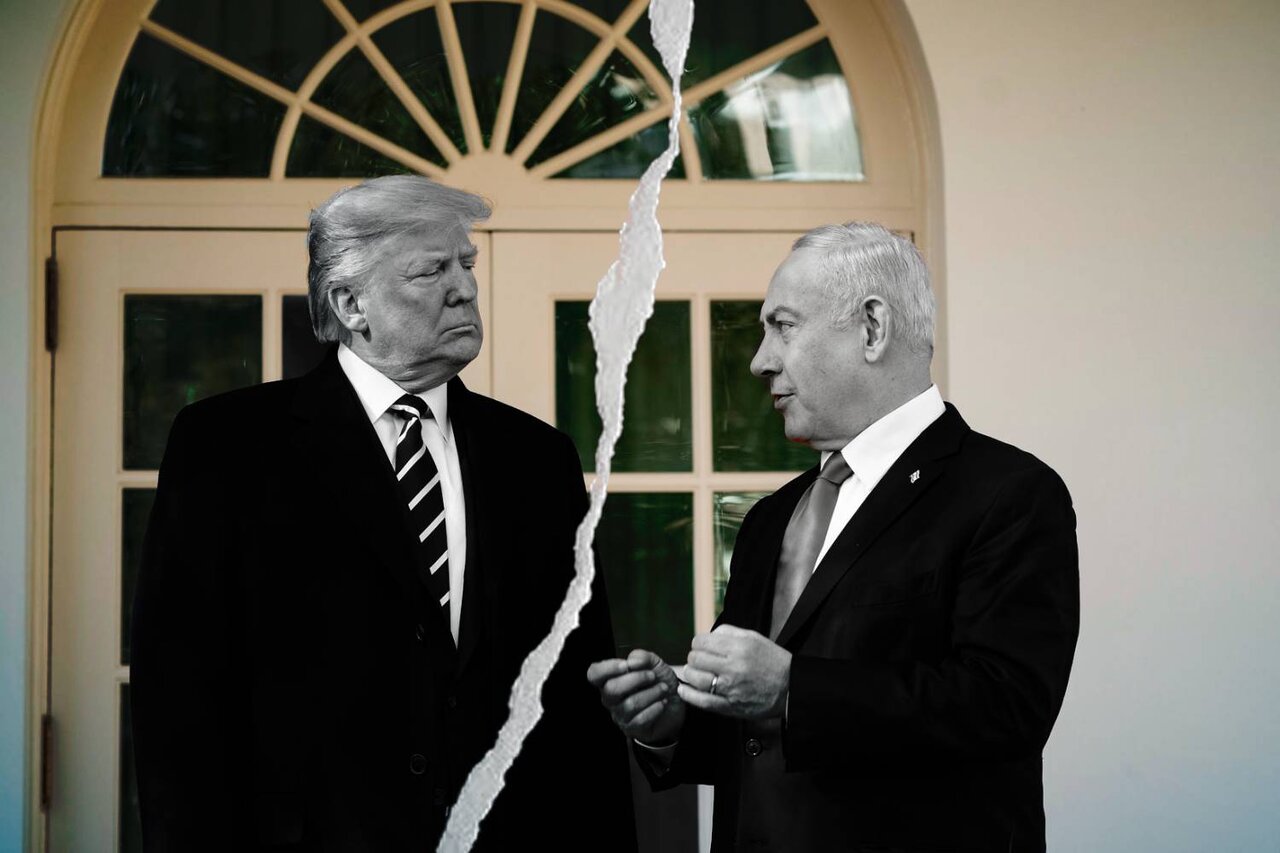Experts’ commentary reveals strategic miscalculations in U.S. strikes on Iran’s nuclear sites

TEHRAN – In the wake of the United States’ recent bombardment of Iran’s Fordow, Natanz, and Isfahan nuclear facilities, described by President Donald Trump as a “spectacular military success,” a closer look at expert commentary from the Atlantic Council, a prominent American think tank, depicts a far more complex and contradictory picture.
Far from displaying strength, the remarks by these U.S. insiders reveal deep anxieties, strategic uncertainty, and an implicit acknowledgment of Iran’s enduring resilience in the face of sustained aggression by the Zionist regime of Israel and, more lately, by its biggest ally, the U.S.
Good to consider that the Atlantic Council, which was founded in 1961 and known for its advocacy of transatlantic policy, plays a key role in shaping Western strategic narratives.
Iran still holds the initiative
Jonathan Panikoff, director of the Atlantic Council’s Scowcroft Middle East Security Initiative, warned that “it’s now Iran’s move” and outlined two response paths: limited retaliation or broader escalation. Crucially, he acknowledged that Iran’s military capabilities are “degraded but far from extinguished,” undermining Washington’s narrative of a total victory.
Panikoff’s concern that Tehran might strike back to avoid appearing weak only reaffirms what Iranian leaders have long maintained: their posture is defensive and rooted in national dignity.
His warning that the crisis “could lead to a regional war” reveals Western fears of unintended consequences stemming from overreach.
Declaring victory while acknowledging insecurity
Matthew Kroenig, vice president of the Atlantic Council’s Scowcroft Center, hailed the attack as potentially “the biggest U.S. foreign policy accomplishment since the Cold War.” Yet, in the same breath, he conceded that previous administrations failed to resolve the standoff diplomatically and that “only the United States had the ability to destroy” Iran’s hardened facilities. His remarks suggest not a triumphant end, but a capitulation to force after decades of failed negotiations.
Kroenig also claimed Iran has “few good retaliatory options,” an assertion that ignores Iran’s asymmetric capabilities and strategic partnerships across the region. His remarks reflect the West’s ongoing struggle to reconcile its military dominance with Iran’s capacity to endure, adapt, and push back.
Pressuring Iran into concessions
Daniel B. Shapiro, former U.S. Ambassador to Israel, understood the strikes as a chance to force Iran into a new round of diplomacy — but only after imposing surrender-like conditions: halting support for allies, giving up missile programs, and permanently ending nuclear development.
Shapiro’s logic assumes Iran will admit defeat after being struck, but history shows that Iran thrives under pressure and rarely bends to arrogant powers.
By admitting that Iran may resist appearing weak, Shapiro exposes the flaw in Washington’s bullying model: pressure may inflame defiance, not compliance.
Market stability, not moral justification
Landon Derentz, head of the Atlantic Council’s Global Energy Center, framed the strikes as a symbol of America’s “geopolitical foresight” and praised their lack of disruption to energy markets.
This technocratic view prioritizes oil flow over international law or human cost, confirming what many in the Global South believe: U.S. policy in the region is guided more by economics than ethics.
Derentz’s praise for “calibrated response” offers little comfort to Iranians whose sovereignty has been trampled by foreign jets. The fact that market stability remains unshaken only emphasizes how insulated Western interests are from the consequences they impose on others.
Iran’s identity and resolve intact
Alan Pino, a former CIA officer and now senior fellow at the Atlantic Council, acknowledged that Iran’s commitment to its nuclear identity is firm. He stated that Tehran has “staked a good part of its identity” on maintaining its nuclear enterprise and is unlikely to abandon it under threat.
His warning that Trump’s strikes send a message to Russia and China only affirms Iran’s geopolitical importance.
No clarity on mission success
Tressa Guenov, the security of the Atlantic Council, admitted that it will take time and intelligence to know whether the U.S. actually succeeded.
She warned that Iran might use cyber or proxy warfare in response. Her statements reveal a basic truth: this so-called “decapitation” may be more symbolic than real. Without verifiable proof, the U.S. narrative rests on political theater, not strategic finality.
Attack may expand conflict
Danny Citrinowicz of the Atlantic Council’s Iran Strategy Project working group directly admitted that the strike might expand the war rather than end it. He noted that Israel hopes the U.S. will go further but warned that if Washington pulls back and Iran stands firm, the result could be a long war of attrition.
His analysis confirms what Iranian officials have long argued: that these military actions are not about disarmament, but about destabilization. Iran, with decades of experience facing similar pressure, is unlikely to submit.
Using Iran to pivot against Russia
John E. Herbst, former U.S. ambassador to Ukraine, made the most revealing admission that the Iran strike strengthens Trump’s hand against Russia.
This linkage lays bare the broader American strategy: using Iran not as an end but as a means in a global contest. Iran, in this view, is merely a tool in the U.S.’s superpower rivalry, underscoring the absence of genuine concern for peace or stability in the region.
A final word
While the Atlantic Council’s experts attempted to justify and celebrate the U.S. attack on Iran’s nuclear facilities, their fragmented and often contradictory assessments reveal a deeper truth: the operation was less a strategic victory and more a reflection of American impatience, confusion, and declining influence.
ON the other hand, Iranian officials have demonstrated that the Islamic Republic stands firm in its sovereign right to pursue peaceful nuclear technology and defend its people from foreign aggression.
Over the past ten days, and despite immense military pressure, Iran’s position as a regional power and global actor has remained undamaged, and its people, once again, have shown resilience in the face of adversity engineered not from regional concerns but from distant capitals driven by ambition and miscalculation.
AM
Leave a Comment